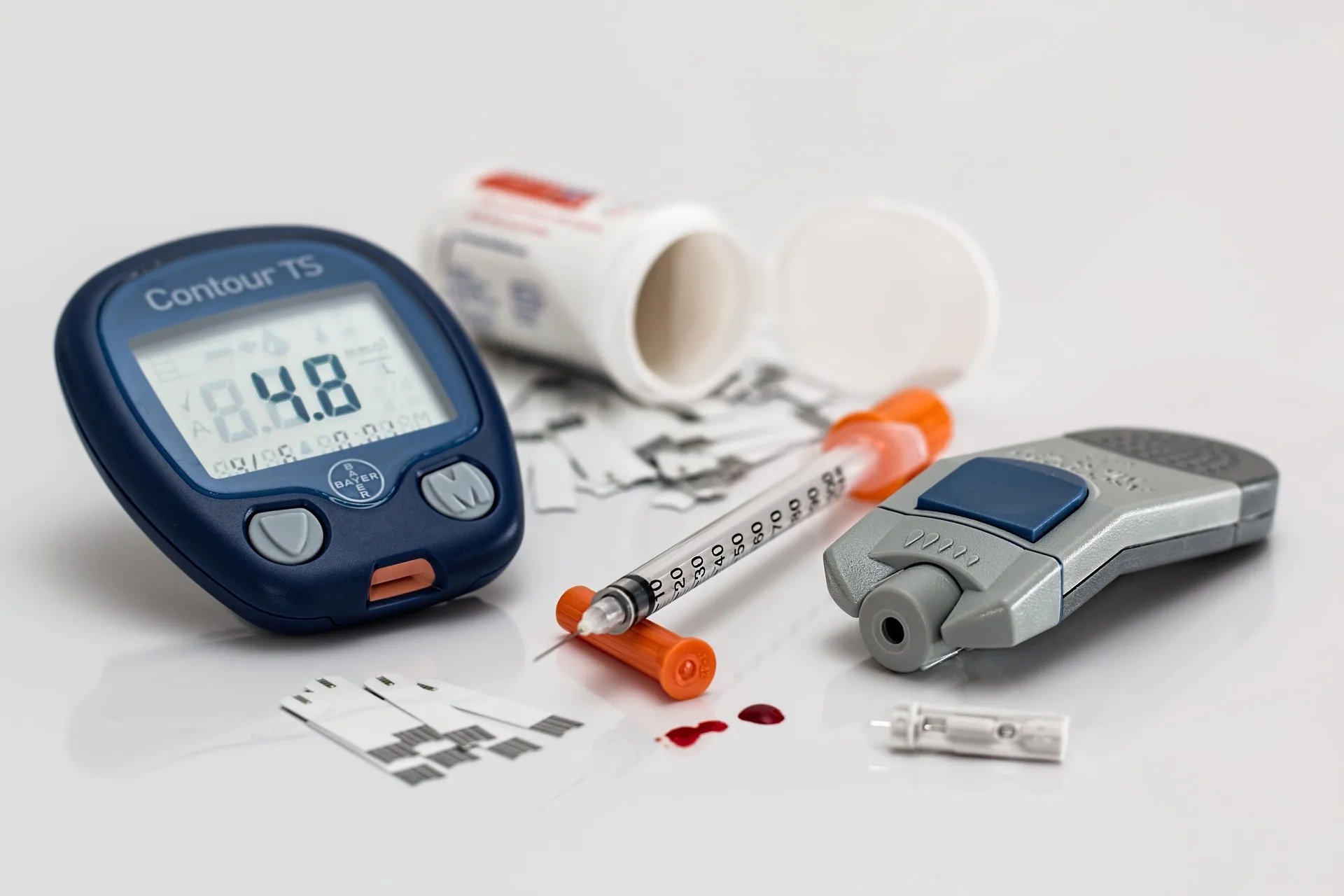Diabetes is a chronic health condition that affects millions of people around the world. It is characterized by high levels of sugar in the blood, which can lead to serious complications if left untreated. As a result, it is essential for those with diabetes to receive proper medical care and follow a healthy lifestyle. In recent years, there have been a variety of advances in diabetes treatment, ranging from new drugs to emerging technologies.
This article will explore the latest advances in diabetes treatment and discuss how they can help those living with the condition.
Drug Therapies
One of the most significant advances in diabetes treatment has been the development of new drugs. These medications can help to lower blood sugar levels, reduce the risk of complications, and improve quality of life.
Some of the most common drugs used to treat diabetes include insulin, metformin, sulfonylureas, and thiazolidinediones. Insulin is a hormone that helps the body regulate blood sugar levels and is typically used in combination with other medications. Metformin is a drug that helps to reduce blood sugar levels and is often prescribed as a first-line treatment. Sulfonylureas and thiazolidinediones are also used to help control blood sugar levels.
Technology
In recent years, there have been a variety of advances in diabetes treatment that involve the use of technology. One of the most exciting developments is the emergence of continuous glucose monitoring (CGM) systems. These systems use a tiny sensor that is inserted under the skin to measure glucose levels in real time. This allows people with diabetes to better monitor their blood sugar levels and take action if necessary. In addition, CGM systems are often paired with insulin pumps, which allow insulin to be delivered automatically when needed.
Artificial Pancreas
Another exciting development in diabetes treatment is the development of the artificial pancreas. This device is designed to mimic the functions of a real pancreas, allowing it to measure glucose levels and deliver insulin when needed. The artificial pancreas is still in the early stages of development, but it has the potential to revolutionize diabetes treatment and make life easier for those living with the condition.
Cellular Therapies
Cellular therapies are another promising area of diabetes research. These therapies involve the use of stem cells to replace or repair damaged cells in the pancreas. This could potentially help to restore insulin production and improve the lives of those with diabetes. While these therapies are still in the early stages of development, they have shown promise in animal studies and may soon become available for human use.
Other Therapies
In addition to the advances discussed above, there are a variety of other therapies that can be used to treat diabetes. For example, lifestyle modifications such as healthy eating and regular exercise can help to improve blood sugar control and reduce the risk of complications. In addition, some studies have shown that certain supplements and herbal remedies may be beneficial for those with diabetes. Finally, surgery can be used to treat some types of diabetes, particularly if it is caused by an underlying condition such as pancreatic cancer.
Conclusion
In conclusion, there have been a variety of advances in diabetes treatment in recent years.The advancements in treating diabetes have been expansive, ranging from new medications to cutting-edge technology. These treatments offer hope to those living with the condition and could eventually lead to a cure. Although some of these breakthroughs are in the early stages of development, they have the potential to drastically improve the lives of those with diabetes.
Image by Steve Buissinne from Pixabay








